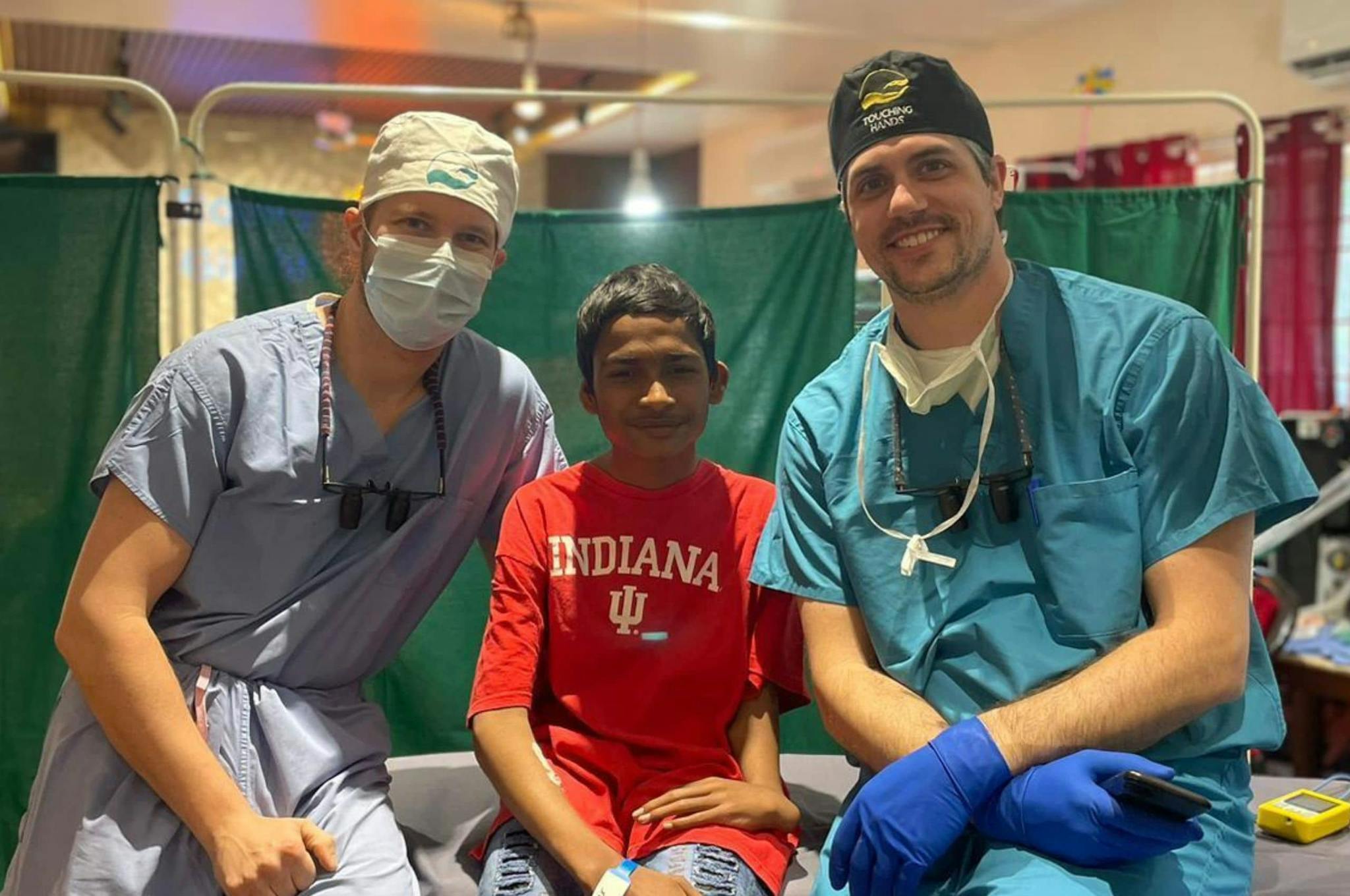
2023-07-10T16:46:58
Don’t let these 5 common injuries ruin your summer
- Family Medicine
- Urgent Care
- Value-Based Care
August 4, 2022 | Value-Based Care

Long gone are the days when a doctor was just a doctor. With the progression of modern medicine, we’re fortunate enough to receive care from medical specialists who can treat both general and specific health concerns. These specialists may have similar levels of education, but depending on their focus, they may need additional training and certifications in their designated fields. When specialists complete their schooling and are ready to begin their practice, they will receive their title and “post-nominal”; in other words, the interesting combination of letters following their name.
You shouldn’t need a medical degree to understand your doctor’s qualifications. Let’s dig into what some of these initials mean:
Chances are, most of your doctors are practicing MDs. A physician with an MD will typically go through four years of undergraduate school, four years of a graduate program, and up to four more years of a residency program, depending on their specialty. According to HonorHealth, a healthcare organization, 90% of all practicing physicians today are MDs.
MDs have been traditionally trained to diagnose and treat diseases by using allopathic methods–conventional approaches, such as medications, surgery, chemotherapy, etc., to prevent and remedy illnesses. However, there is a growing trend for MDs to practice preventive medicine to identify issues before they become serious or even life-threatening.
At Revere Health, all of our providers are committed to principles rooted in value-based care, which means they have the goal of improving patient care while reducing healthcare costs.
Doctors with this designation have all of the same educational requirements and responsibilities as MDs, but they have additional training in osteopathic manipulative medicine (OMM). During medical school, DOs will spend extra time learning about the musculoskeletal system as an approach to understanding the root of chronic pain and illness.
To become a DO, a doctor would need four years of undergraduate school, four years of graduate school, up to four years of a residency, and 200 additional hours of OMM training.
Practically speaking, there’s essentially no difference between the kind of care you receive from an MD vs. a DO. A DO might be more open to alternative treatment options, but MDs are increasingly open to those alternatives as well. Choosing one over the other comes down to personal preference and availability. You should feel comfortable seeking care from either professional, knowing that both are highly qualified and trained.
The term “nurse” can carry some misconceptions for those who are unfamiliar with the medical field. Nurse practitioners often share many of the same responsibilities of that of an MD or DO, which can even include administering primary care to patients. The difference lies in the amount of schooling required, which is less for an NP.
NPs need a four year undergraduate degree in a nursing program. Then, they will go on to complete a two to four year graduate degree, which will include at least 500 supervised practicum hours. They will then need to complete a certification exam to begin practicing as an NP.
According to the University of St. Augustine for Health Sciences, 24 U.S states allow NPs to have full practice authority. This can include evaluating, diagnosing, and administering treatment plans to patients as well as prescribing medications. In the states that do not allow full practice authority, nurse practitioners need someone with an MD to approve certain procedures.
It’s easy to confuse NPs and PAs, but it’s important to note the differences between these two professions when searching for the most appropriate care.
PAs need a four year graduate degree as well as a master’s in Physician Assistant studies. During their master’s program, they will need to complete about 2,000 hours of supervised practicum hours before graduation. Like NP’s, PAs will complete a certification exam in order to receive their license.
PAs have much of the same responsibilities as NPs, such as diagnosing, treating, and helping patients with treatment plans. Unlike NPs, however, PAs always work under the supervision of a physician. PAs have a more general background in medical education whereas NPs specialize in a particular field.
MAs help providers with many clinical and administrative tasks. These include scheduling appointments, verifying insurance information, collecting patient medical history, taking blood samples, preparing examination rooms, assisting physicians during exams or procedures, and many other duties.
A college degree is typically not required to become an MA, although extensive training may be necessary depending on the state’s requirements. Some organizations might prefer MAs to be certified by the American Association of Medical Assistants.
At Revere Health, we want you to feel empowered to choose the best possible care for your individual needs. The more informed you are about your care team’s experience and education, the better control you have over your treatment. No matter what initials follow your provider’s title, you’ll be in good hands at Revere Health.
No matter what type of provider you choose to see at Revere Health, be assured they are all committed to helping you maintain the best quality of life possible. Visit our providers page to get started on finding the best care for your needs.

WRITTEN BY:
Zahra Nielsen
Zahra Nielsen currently serves as Revere Health’s Community Relations Specialist. She earned her bachelor’s degree in Behavioral Science from Utah Valley University with the intention of working with at-risk communities, but she has since found a love for community engagement, volunteerism, and outreach. Since graduating, her career has taken her to non-profit organizations across the country. From Washington D.C, New York, and Salt Lake City, she has had the opportunity to work with notable organizations such as the National Council for Adoption, Volunteers of America, and United Way. After years of working in different areas of community engagement, Zahra has found her niche in writing. She hopes to pursue this creative form of outreach as a way of inspiring community members to be mindful of their well-being and the well-being of others. In her free time, Zahra likes to practice and teach yoga. She also enjoys live theatre, listening to music, and watching endless hours of quirky movies and TV shows with her husband.

2023-07-10T16:46:58

2023-07-06T12:52:34

2023-06-26T14:18:33

2023-03-30T11:23:12
This information is not intended to replace the advice of a medical professional. You should always consult your doctor before making decisions about your health.